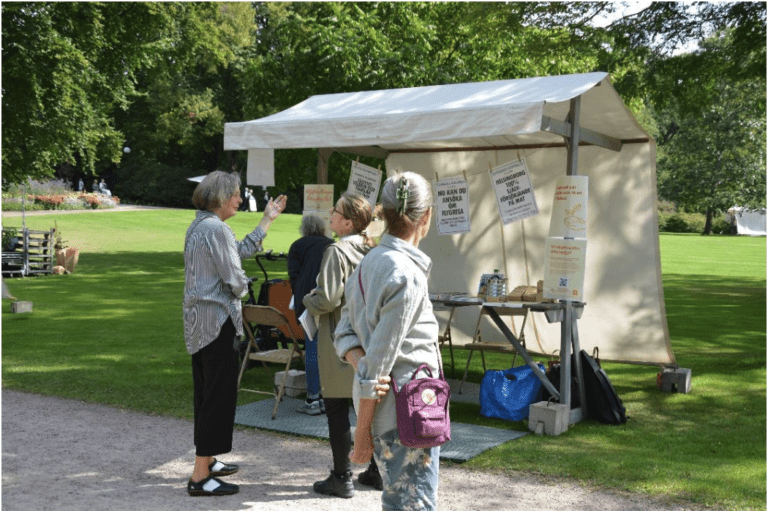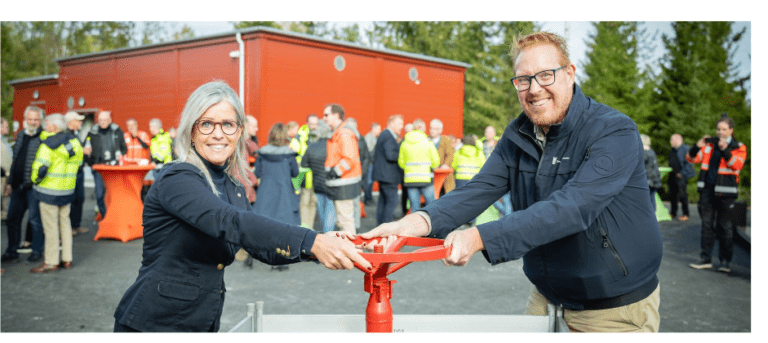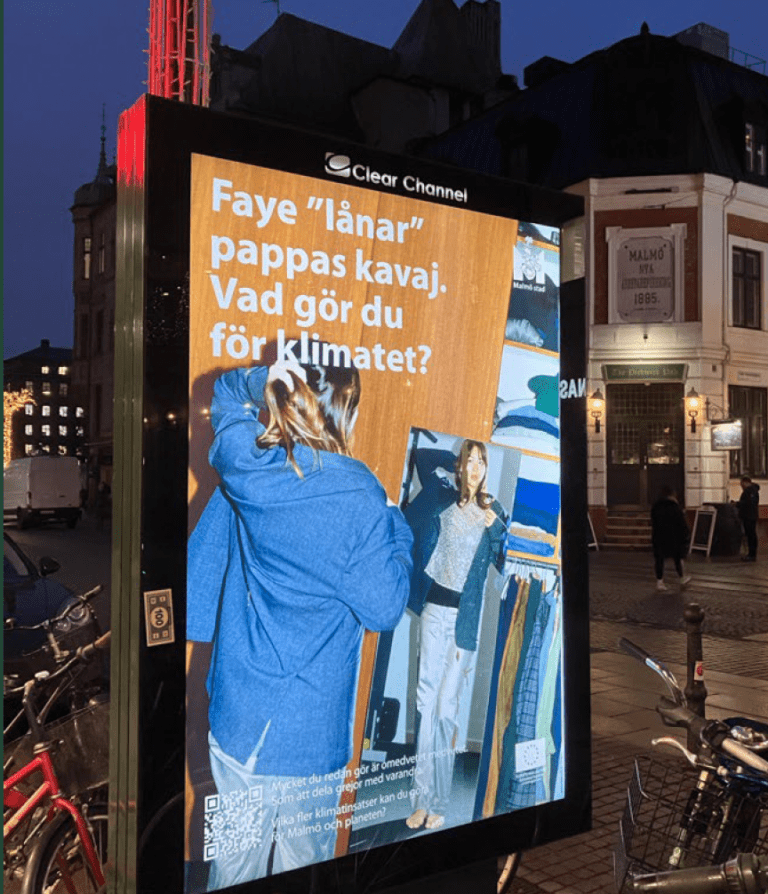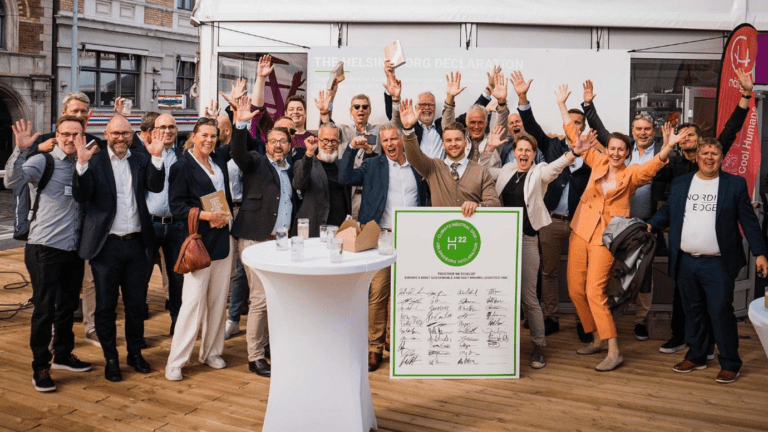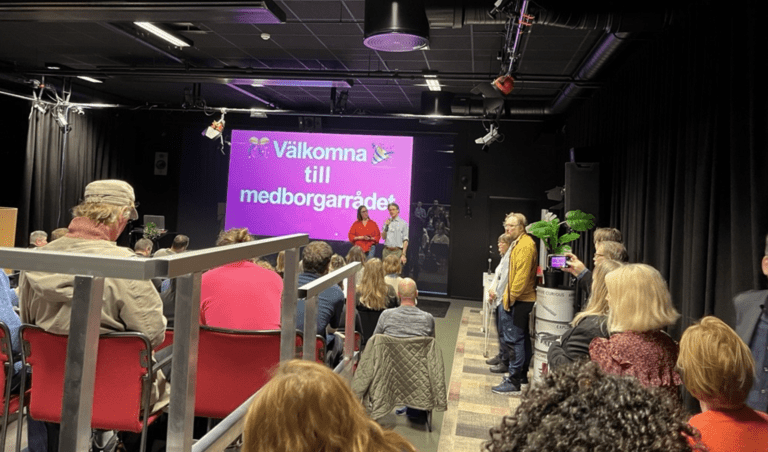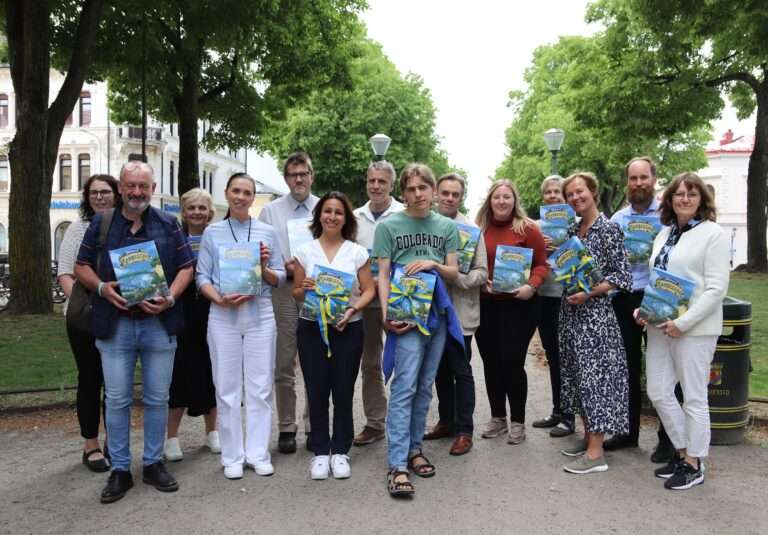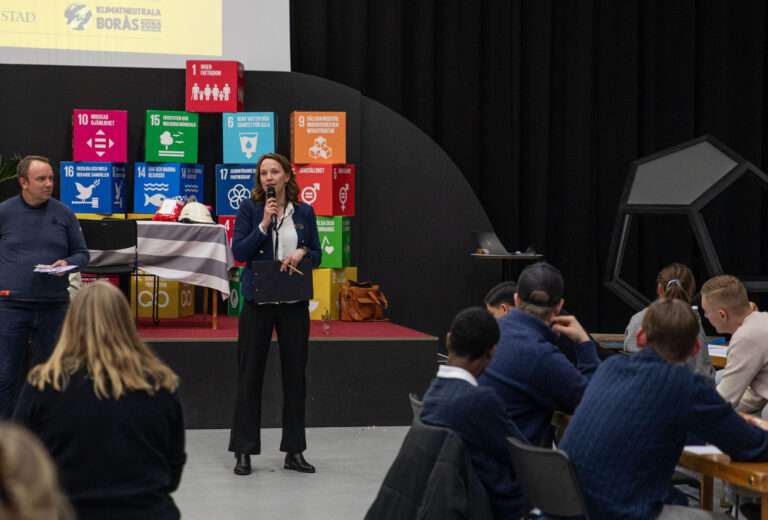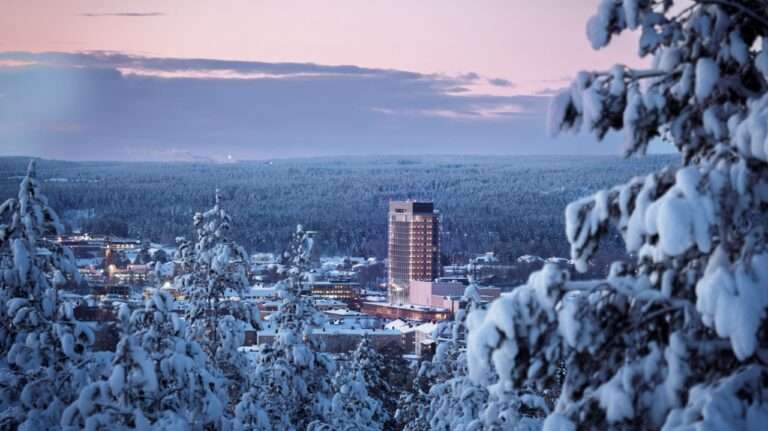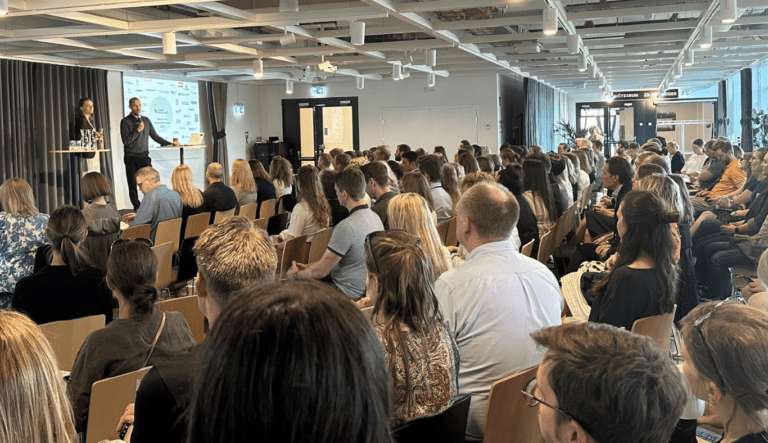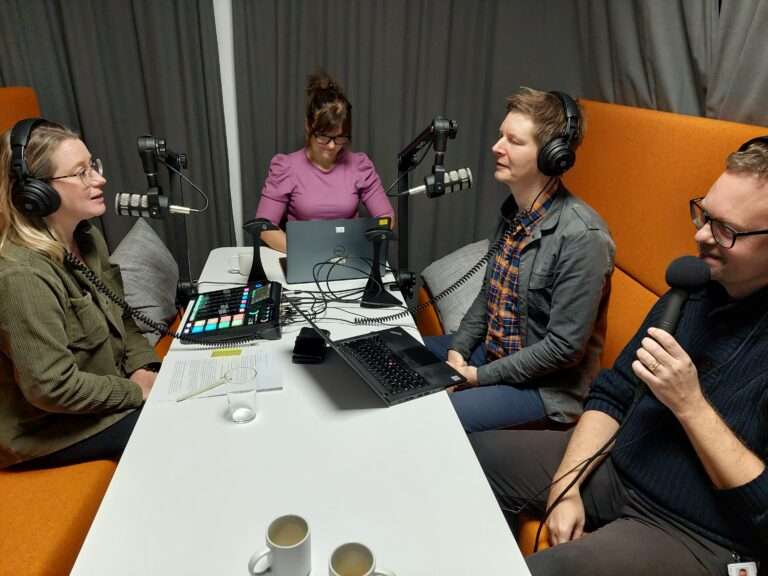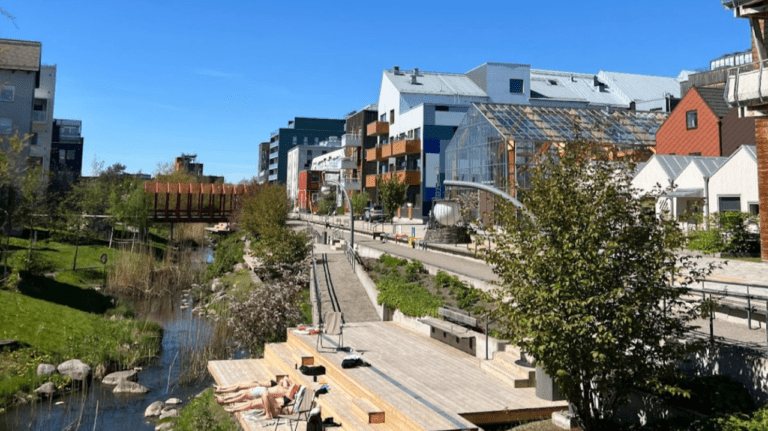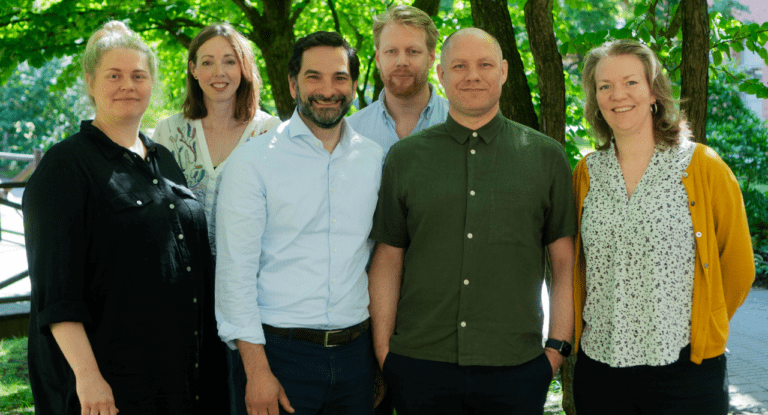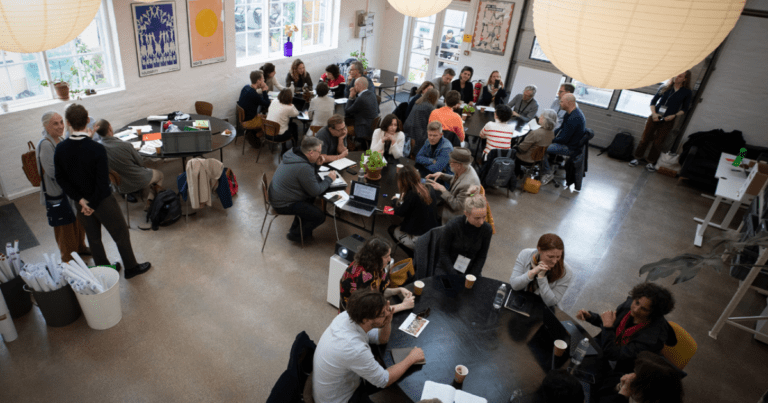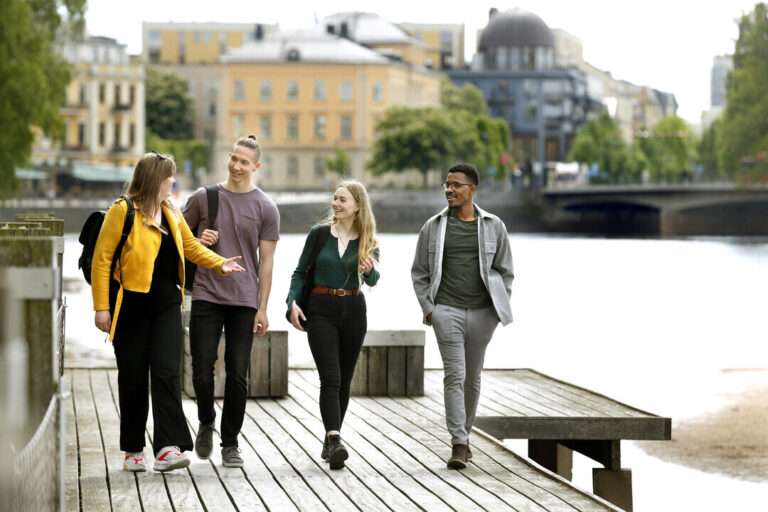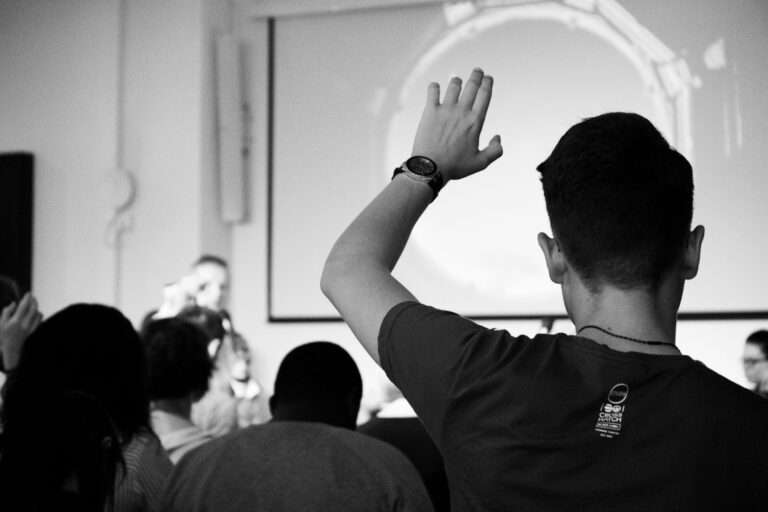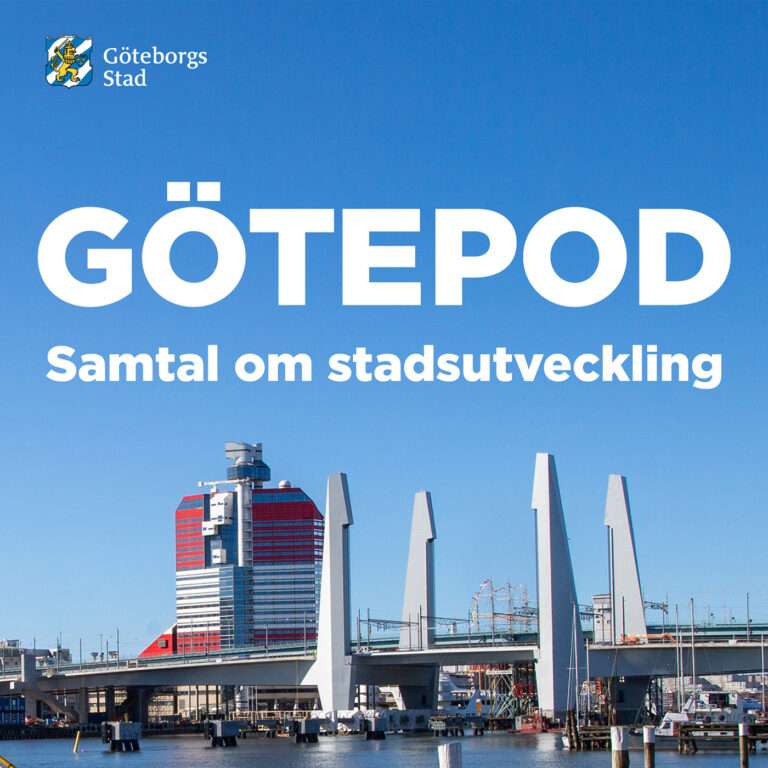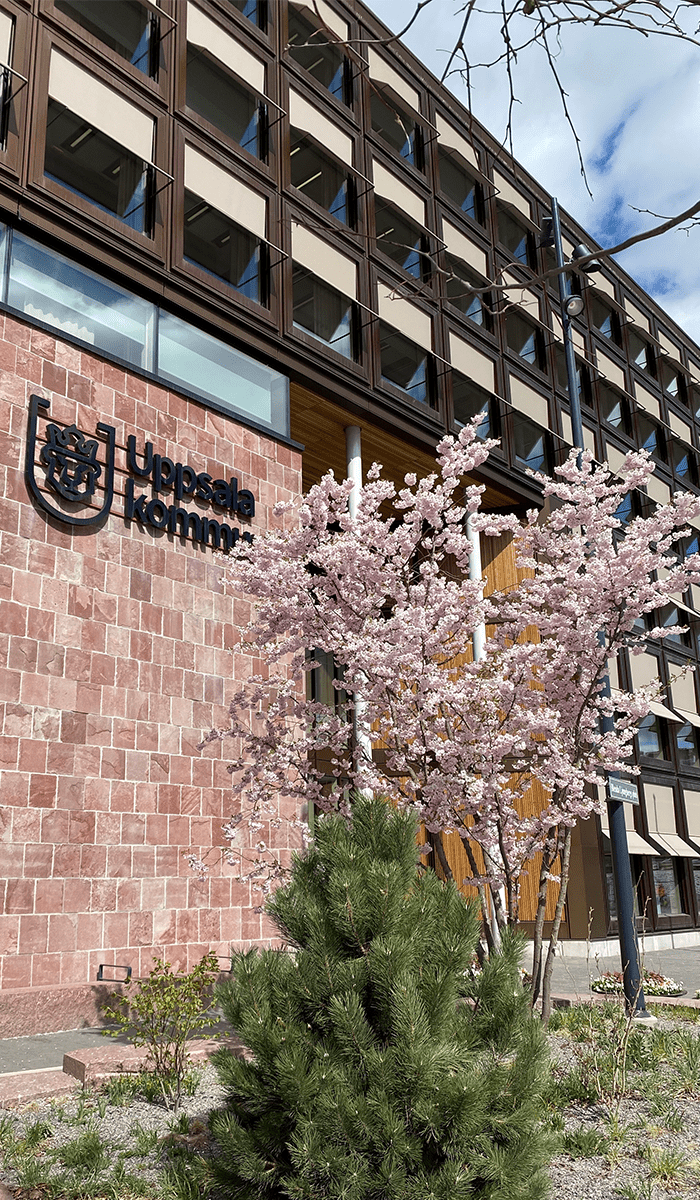In Gothenburg, there is a strong focus on developing the city's ability to create and utilize citizen engagement in the environmental and climate transition, and in the spring of 2024, the city conducted a so-called citizens' council, where 30 people were given the opportunity to contribute thoughts and suggestions on how the city can engage and involve residents in transforming society for the environment and climate. Gothenburg is also working with a broad toolbox to create a more sustainable and efficient mobility system that will benefit citizens, including efforts for walking and cycling, trams, electrified buses, micromobility and trains. Mobility is a major issue for the city, but it is also working on climate-neutral construction, circular economy, farming, green infrastructure and nature-based solutions, and much more.
